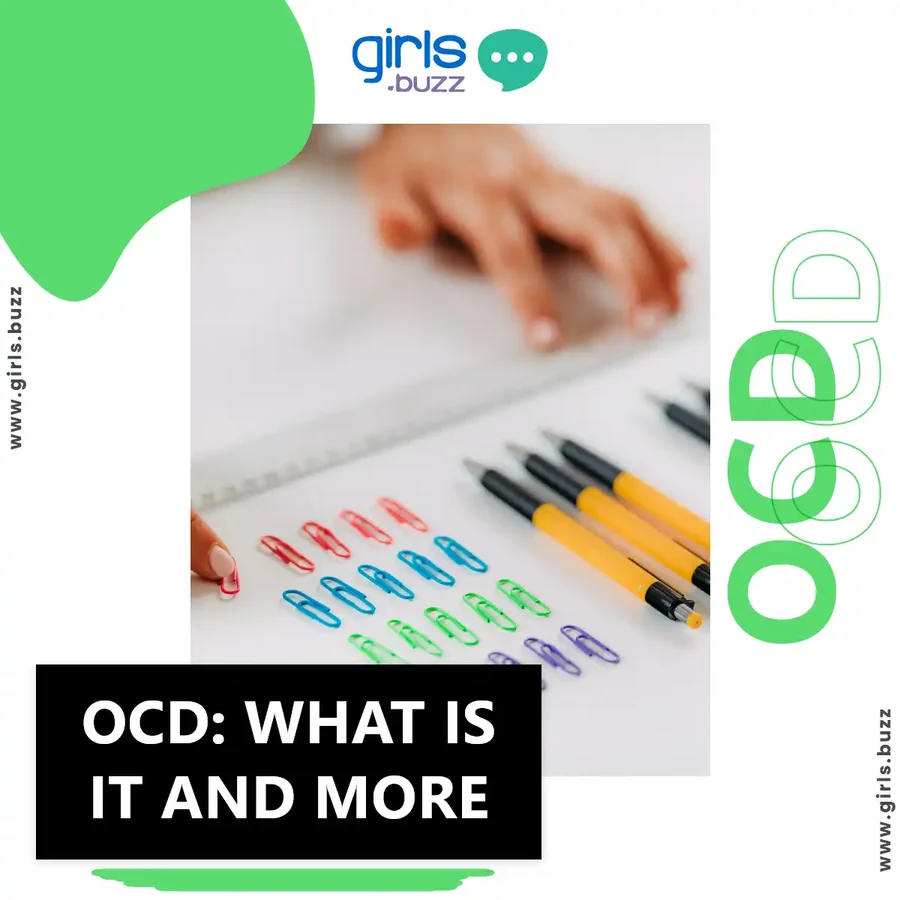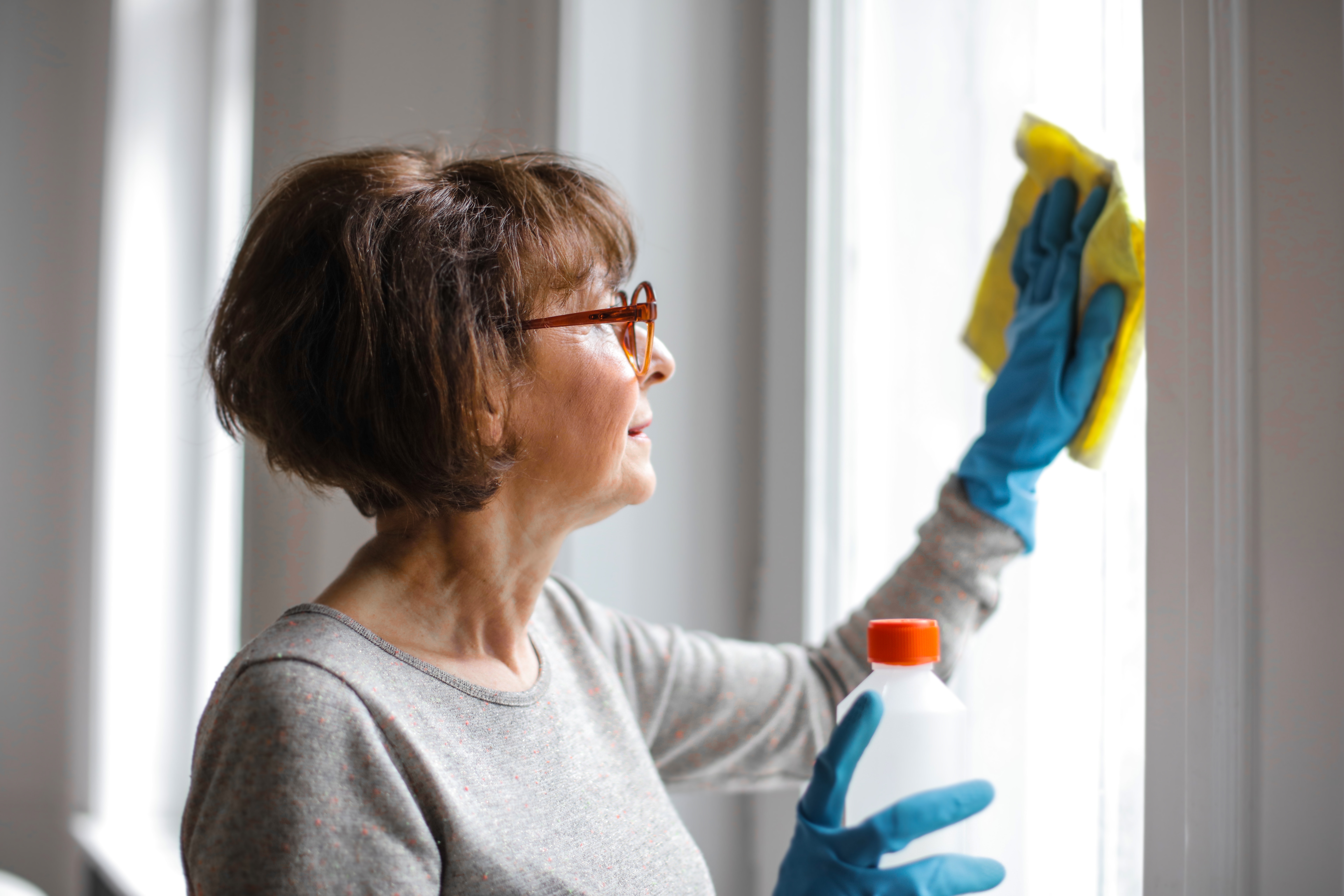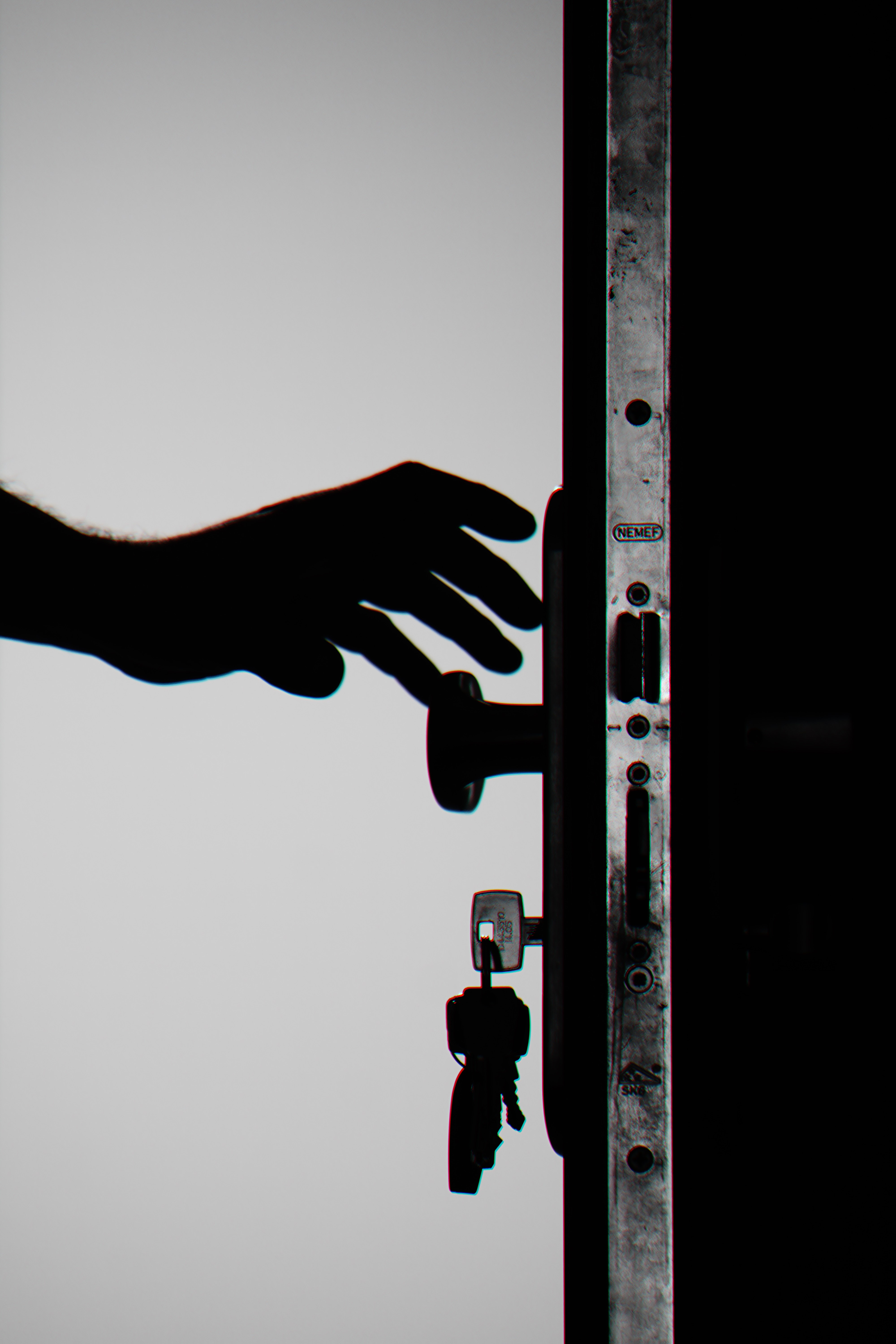OCD- WHAT IS IT AND MORE?
4 minuteRead

By Bhumika Chitkara
OCD or Obsessive Compulsive Disorder is a mental condition which involves obsessive and compulsive behaviour in people. It causes intrusive thoughts, fear, repeated actions and behaviours which are beyond one’s control. OCD can interfere with daily activities and can cause stress, anxiety and even depression.
Symptoms of OCD:
Symptoms of OCD can be classified into two parts- obsessive and compulsions.
Obsessive symptoms:
- Constant fear of germs or contamination:
- Extreme violent and sexual thoughts
- Constant fear of health and illness
- Continuous thoughts and fear self harm or hurting someone
- Low esteem and constant fear of making mistakes
- Constantly rearranging things in a specific manner
- Obsessive thoughts about order of things and symmetry
- Constant fear of death
- The urge to know everything, being correct and wanting to win every time
- Constant need of exactness and precision
- Easily triggerable and sensitive towards things
Compulsion symptoms:
- Constantly double checking possibly dangerous things- stove, electric appliances, etc
- Frequent washing of hands and showering
- Urge to apply rules to placement of certain objects
- Becoming upset or angry if the order of objects is disturbed
- Constantly cleaning and washing things
- Repetitive routine activities
- Constant need of reassurance
- Repeated thoughts and actions
- Hoarding of same or new things which might be of no value or use
- Counting and doing an activity a specific number of times
- Constant self doubt that they might have hurt others
- Constantly making sure their loved ones are okay
- Counting, tapping or shaking
Types of OCD:
- Unwanted repeated thoughts:OCD with intrusive thoughts is becoming very common. Having unwanted thoughts once in a while is perfectly normal but when these thoughts are repeatedly running in your head, it can hamper your day to day activities and can make it horrifying. These thoughts can be sexual, violent, fearful or religious. It can also be a constant worry of hurting yourself or your loved ones. They often picture violent scenes of unintentionally hurting others in their heads. People with intrusive thoughts are often considered harmful but on the contrary, these people are generally harmless.
Fear of germs and contamination:
Fear of germs and contamination involves constant fear of illness or spreading germs. This obsession makes them wash their hands constantly. Not just washing hands, showering, brushing of teeth, sanitising, steralising and cleaning other household objects is a part of fear of contamination. These people often avoid shaking hands and touching objects which are more likely to have germs like door knobs, public bathrooms, etc. People with this type of OCD are often more prone to stress and anxiety.
Order, symmetry and arrangement:
This is the most common type found in people with OCD. This involves arrangement of objects in a particular order or symmetry. For example, arrangement of objects by a particular colour scheme or by specific categories, putting things in line, making them face a particular direction, etc. Disturbing the arrangement can make these people upset or angry and can put them into stressful situations.
Rechecking of things:
People with this type of OCD are in constant urge of rechecking things. Not just things, these people even recheck their actions to make sure they have not hurt someone. Other activities include rechecking of the doors if they are locked properly, constantly checking if the stove is off, making sure multiple times that they have their IDs with them at all times, etc.
Hoarding of old and new things:
Hoarding of things can make a space unlivable. People with this type of OCD are more likely to collect all things new and old even if they are of no monetary or personal value like old boxes, magazines, old clothes, etc. This can cause depression and anxiety in these people.
Treatment of OCD:
ERP:
Exposure and Response prevention (ERP) therapy also known as exposure therapy is one of the most effective treatments given to people with OCD. ERP involves creating bearable trigger situations for these people. This helps by preventing their responses and getting them out of the clutter of thoughts and obsessions. This treatment should be done under proper guidance by an expert as self ERP may worsen the situation for some.
CBT:
Cognitive behavioural therapy or CBT helps in identifying the causes of these obsessions and behaviours. It involves identifying the stress and anxiety causing trigger points. This helps by teaching them that the brain is sending the wrong reaction to a certain situation, this helps them in recognising these obsessions and compulsions. This teaches them to respond in a new way.
Self care:
Self care is one of the most important steps towards OCD treatment without medication. Knowing your trigger points, analysing them and working on them on a bearable level is the basic step towards improving yourself. Meditation, breathing exercises and managing stress can be the best practices you can opt while treating OCD.
Disclaimer: If you notice any of the above mentioned symptoms, always consult your doctor for best advice.
Write, Record and Answer! Consume Unlimited Content! All you need to do is sign in and its absolutely free!
Continue with one click!!By signing up, you agree to our Terms and Conditions and Privacy Policy.













